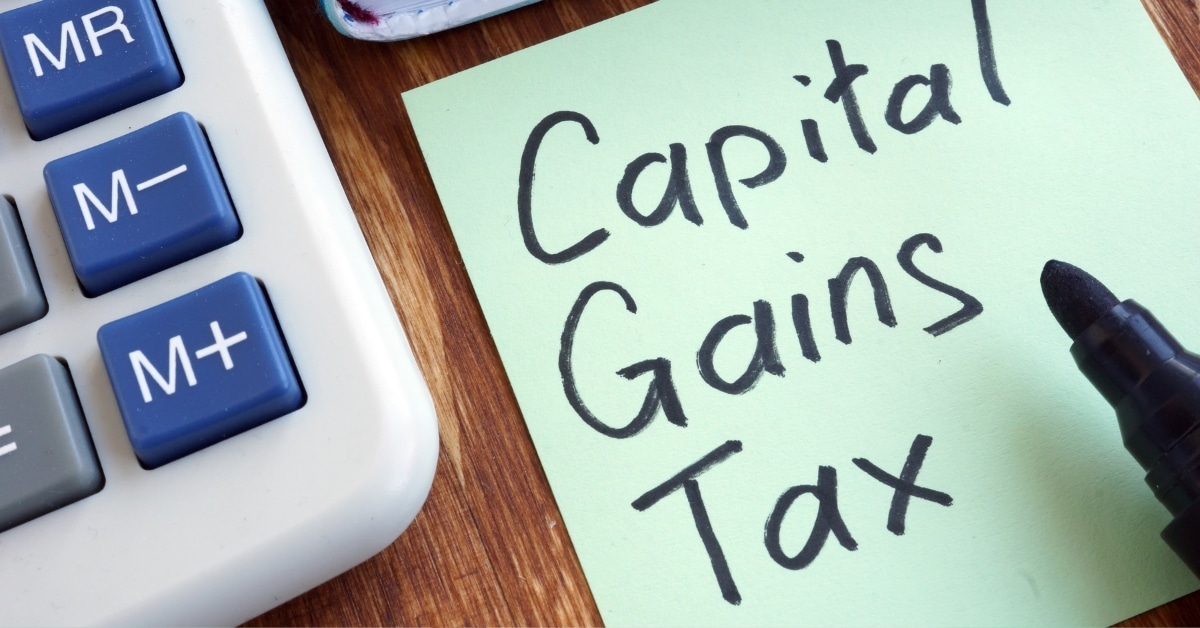Tips for Avoiding Capital Gains Tax
The thought of paying capital gains tax on your investments can be discouraging, especially if you’re trying to maximize your returns. Fortunately, there are several legal ways to avoid or minimize your capital gains tax liability. In this blog post, we’ll provide some tips for minimizing your capital gains tax and keeping more of your investment gains.
What is Capital Gains Tax?
Capital gains tax is a tax on the profit you make when you sell an investment for more than you originally paid. The tax rate can vary depending on factors like your income level and the length of time you held the investment. Short-term capital gains (gains on investments held for less than one year) are taxed at a higher rate than long-term gains (gains on investments held for more than one year).
Invest in Tax-Deferred or Tax-Free Accounts
Investing in retirement accounts such as 401(k)s or traditional IRAs allows you to defer paying taxes on your contributions and earnings until you withdraw the money during retirement. Roth IRAs, on the other hand, allow your investments to grow tax-free and you pay no taxes on withdrawals if you take them after age 59 ½. These tax-deferred or tax-free accounts can be a great way to minimize your capital gains tax burden.
Offset Your Capital Gains with Capital Losses
You can offset capital gains by selling investments that have decreased in value. This is known as capital loss harvesting. By doing so, you can reduce your capital gains tax liability. However, the losses must be legitimate losses, not just a strategy to reduce your tax burden. You also need to be mindful of the wash sale rule, which prevents you from claiming a loss on a security if you purchase a “substantially identical” security within a 30 day window.
Time Your Sales Carefully
Timing can be everything when it comes to reducing capital gains tax liability. If you sell an investment that has gained value within a year, you’ll pay short-term capital gains tax on the profit. However, if you wait to sell until after a year has passed, you’ll pay the lower long-term capital gains tax rate. Timing your sales can have a huge impact on the amount of capital gains tax you owe.
Consider Charitable Donations
Another way to avoid capital gains tax is to donate appreciated assets to charity. When you donate an appreciated asset, you get a tax deduction for the full market value of the asset and you avoid paying capital gains tax on the appreciation. Charitable donations can be a great strategy for reducing your tax liability while also supporting a cause you care about.
Transfer Your Assets to Heirs
When you transfer assets to your heirs, the cost basis of the assets is “stepped up” to the value at the time of your death. This means your heirs won’t have to pay capital gains tax on the appreciation that occurred during your lifetime. The amount of the stepped-up basis can be significant, especially for assets that have appreciated significantly over time.
Wrap Up
Paying capital gains tax is unavoidable when you sell an investment for a profit, but there are several legitimate strategies for minimizing your tax liability. By investing in tax-deferred or tax-free accounts, offsetting capital gains with losses, timing your sales carefully, considering charitable donations, and transferring assets to heirs, you can keep more of your investment gains in your pocket. As always, be sure to work with a qualified financial advisor to determine the best approach for your individual circumstances.





